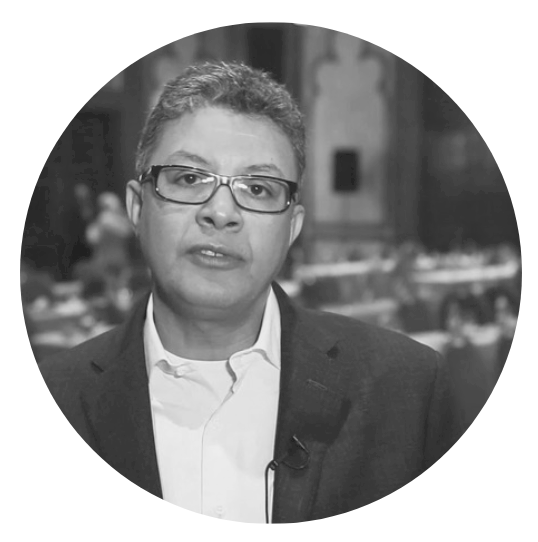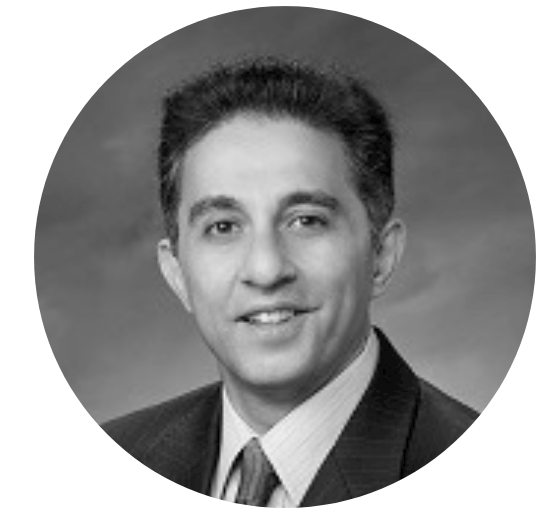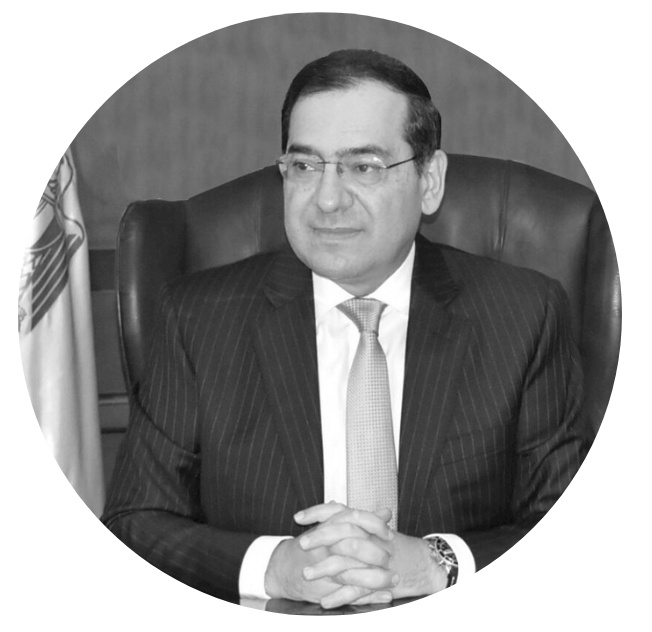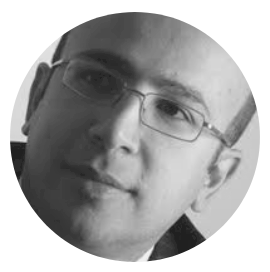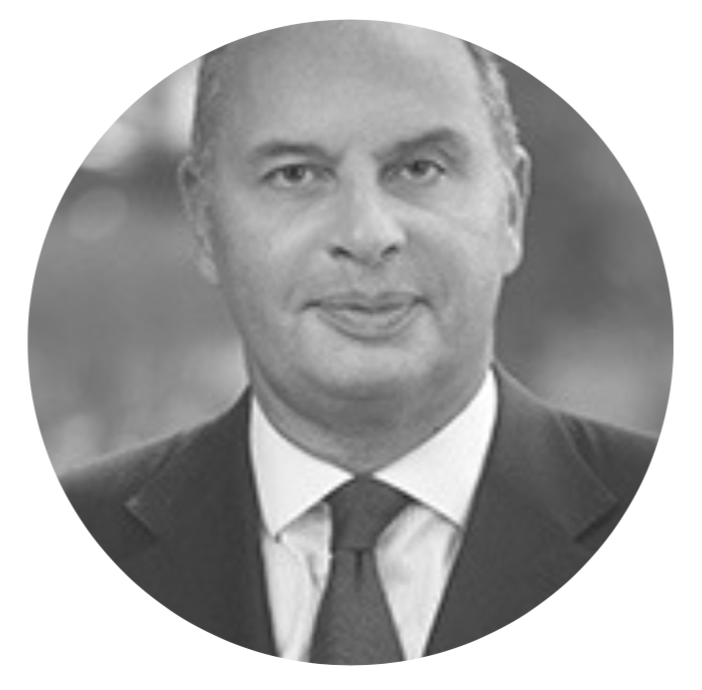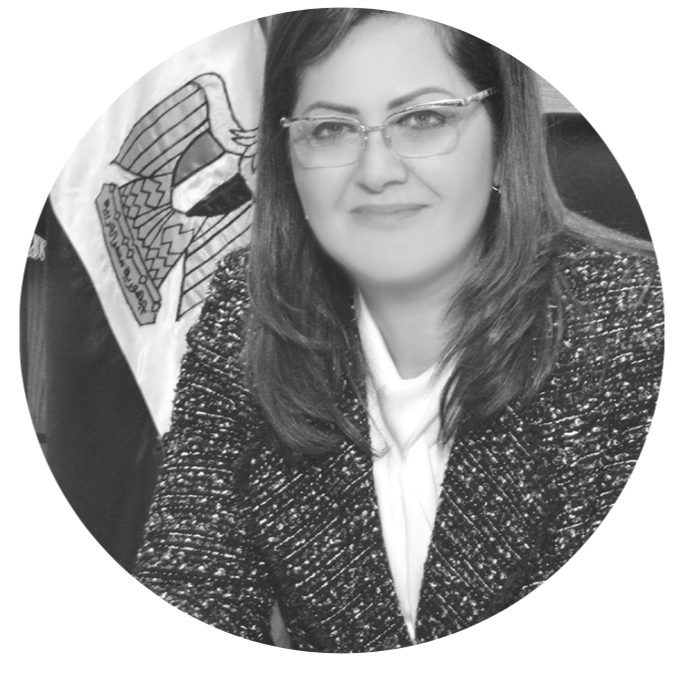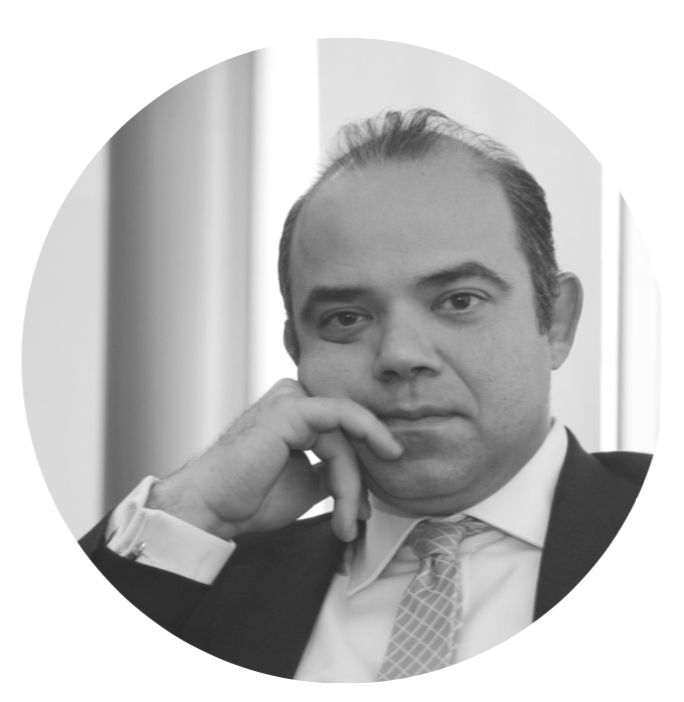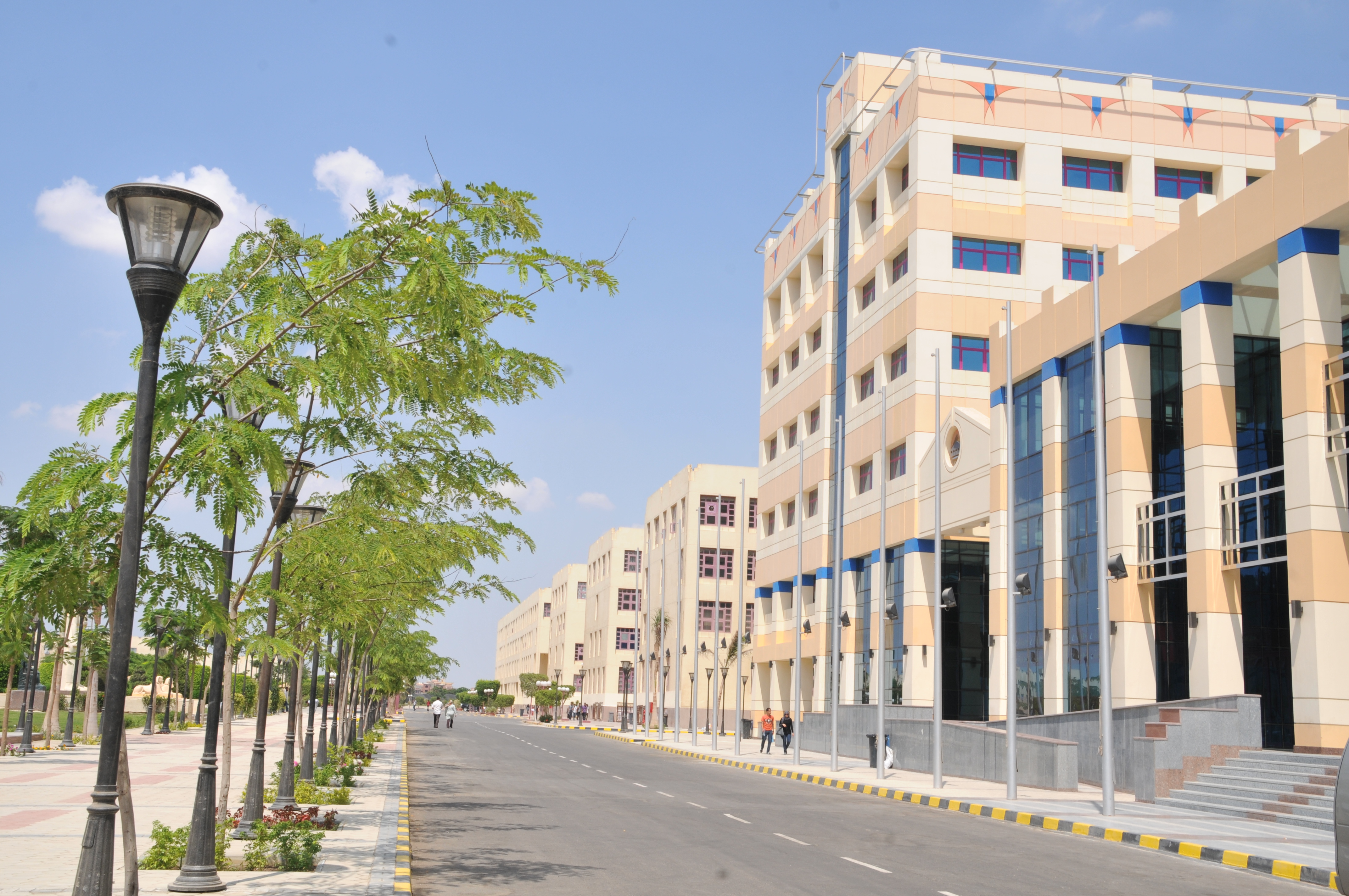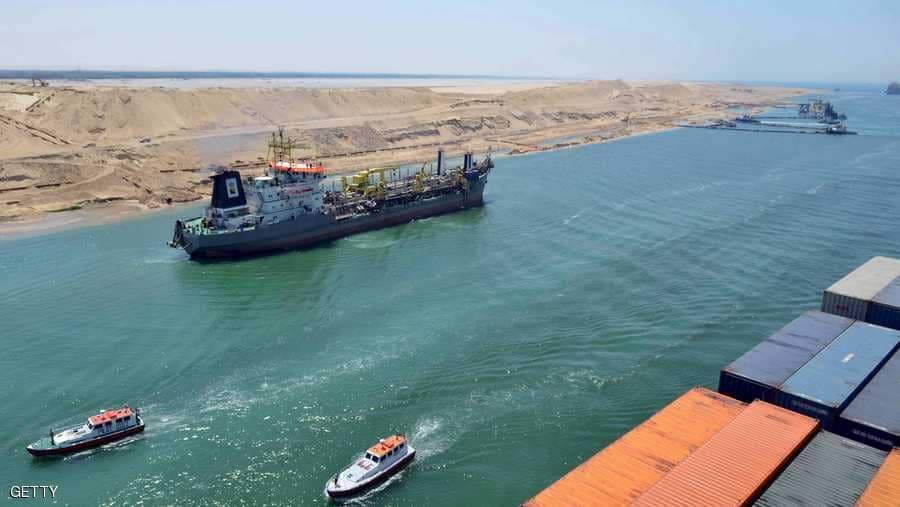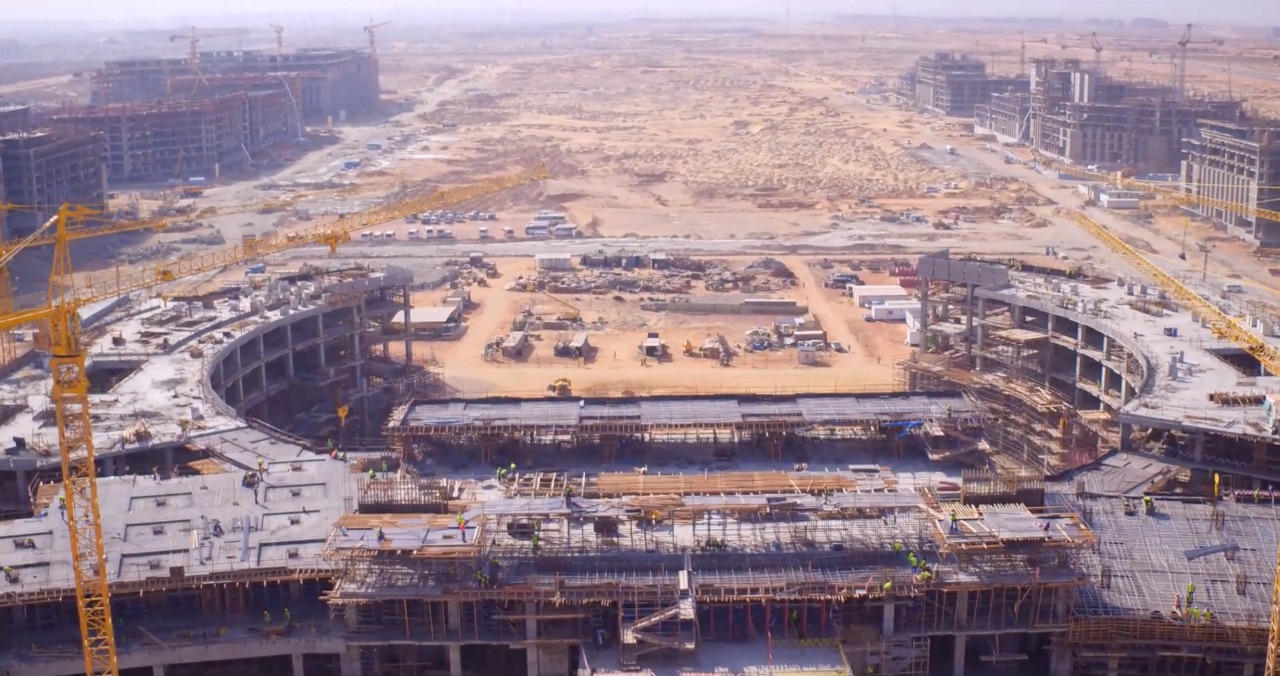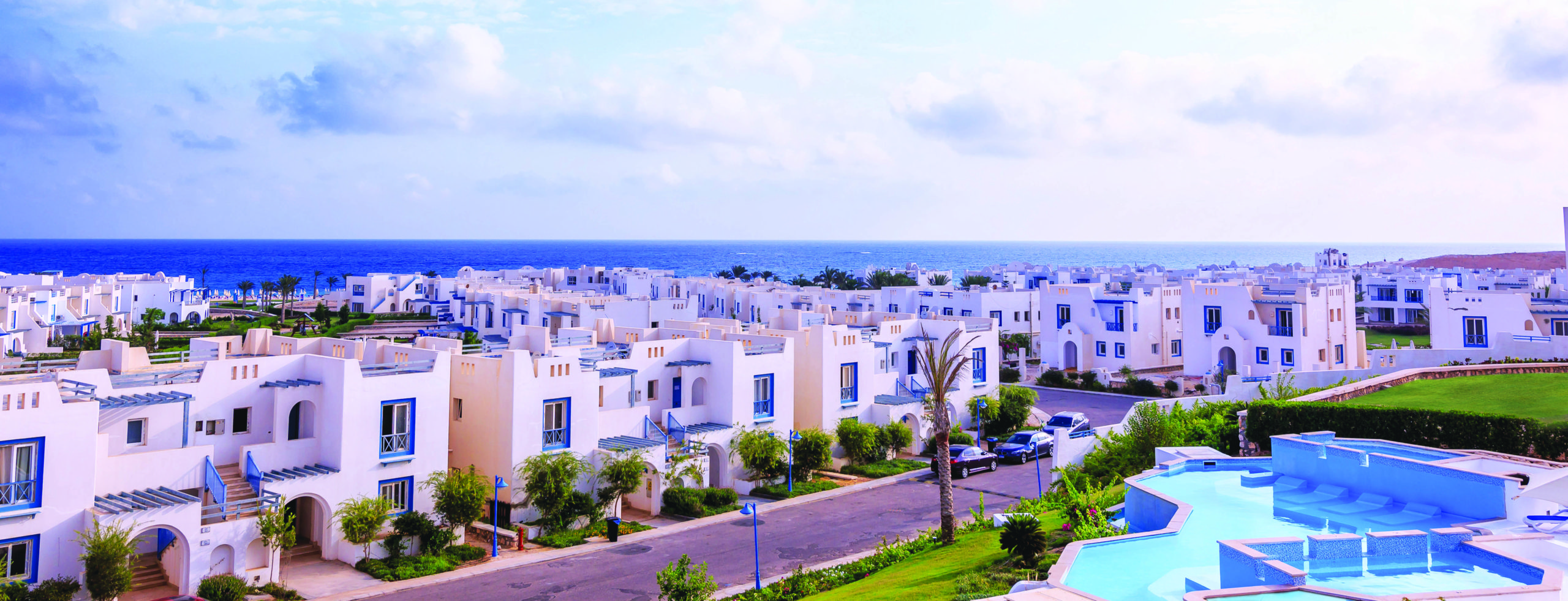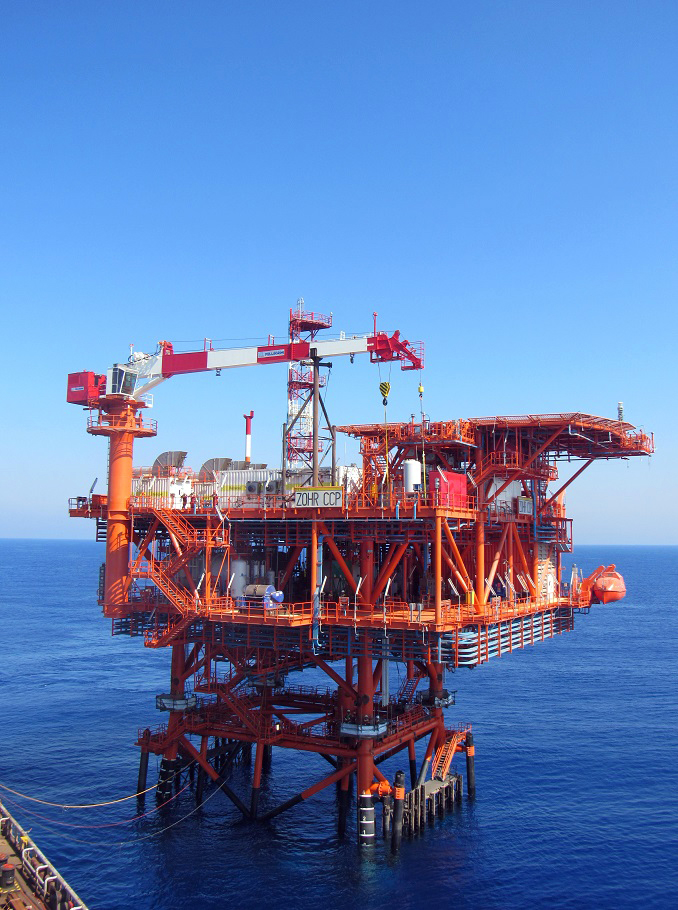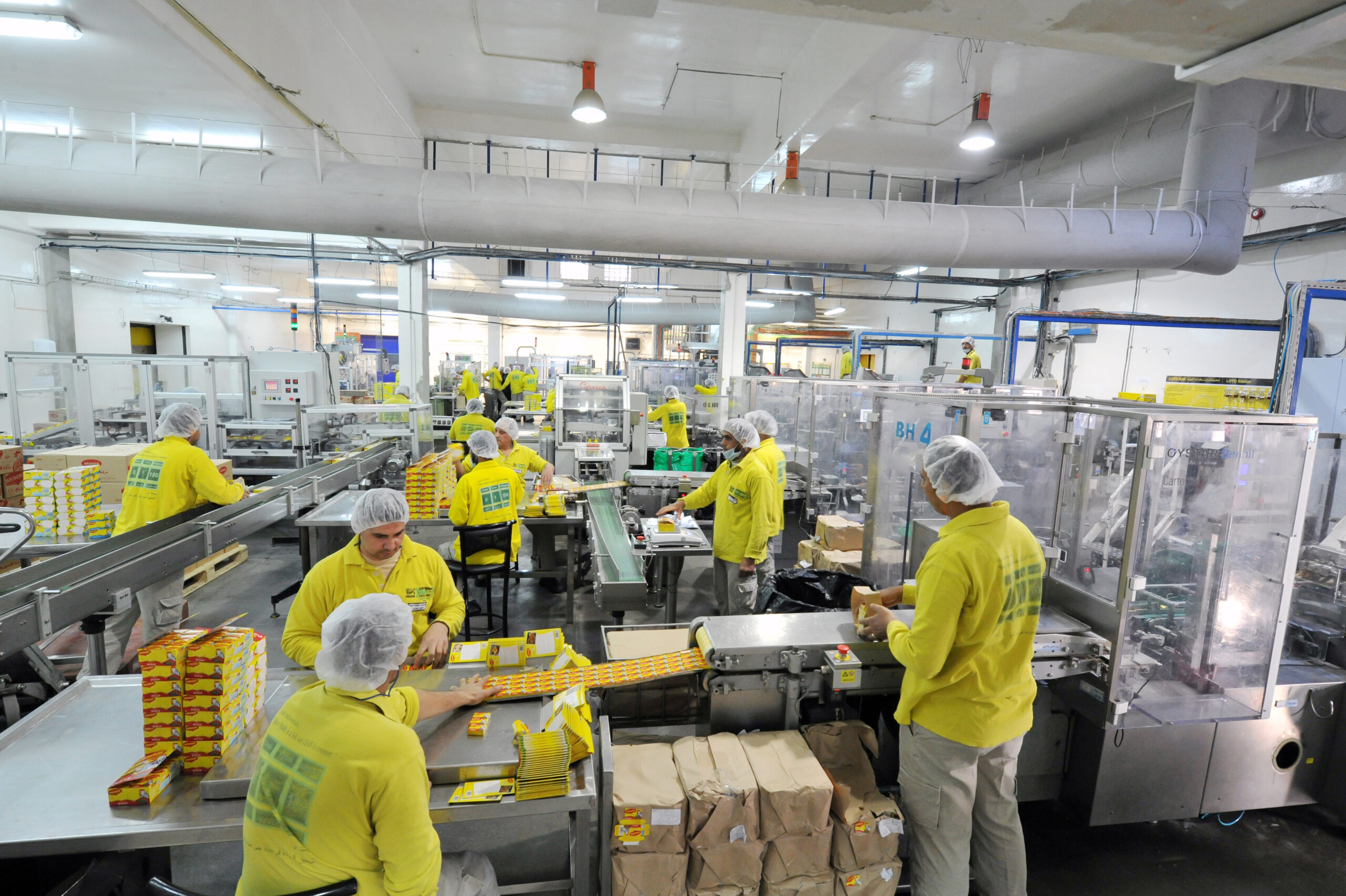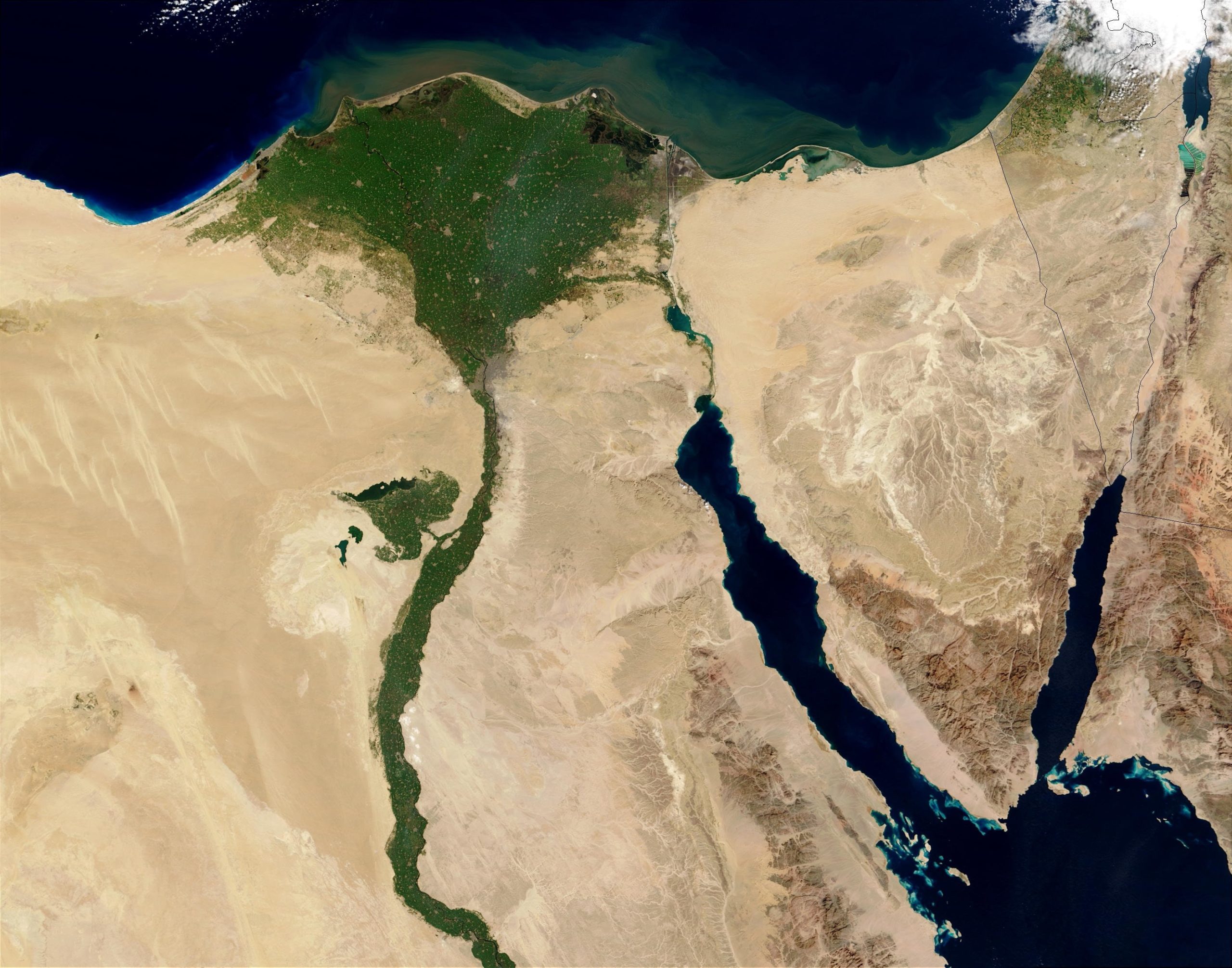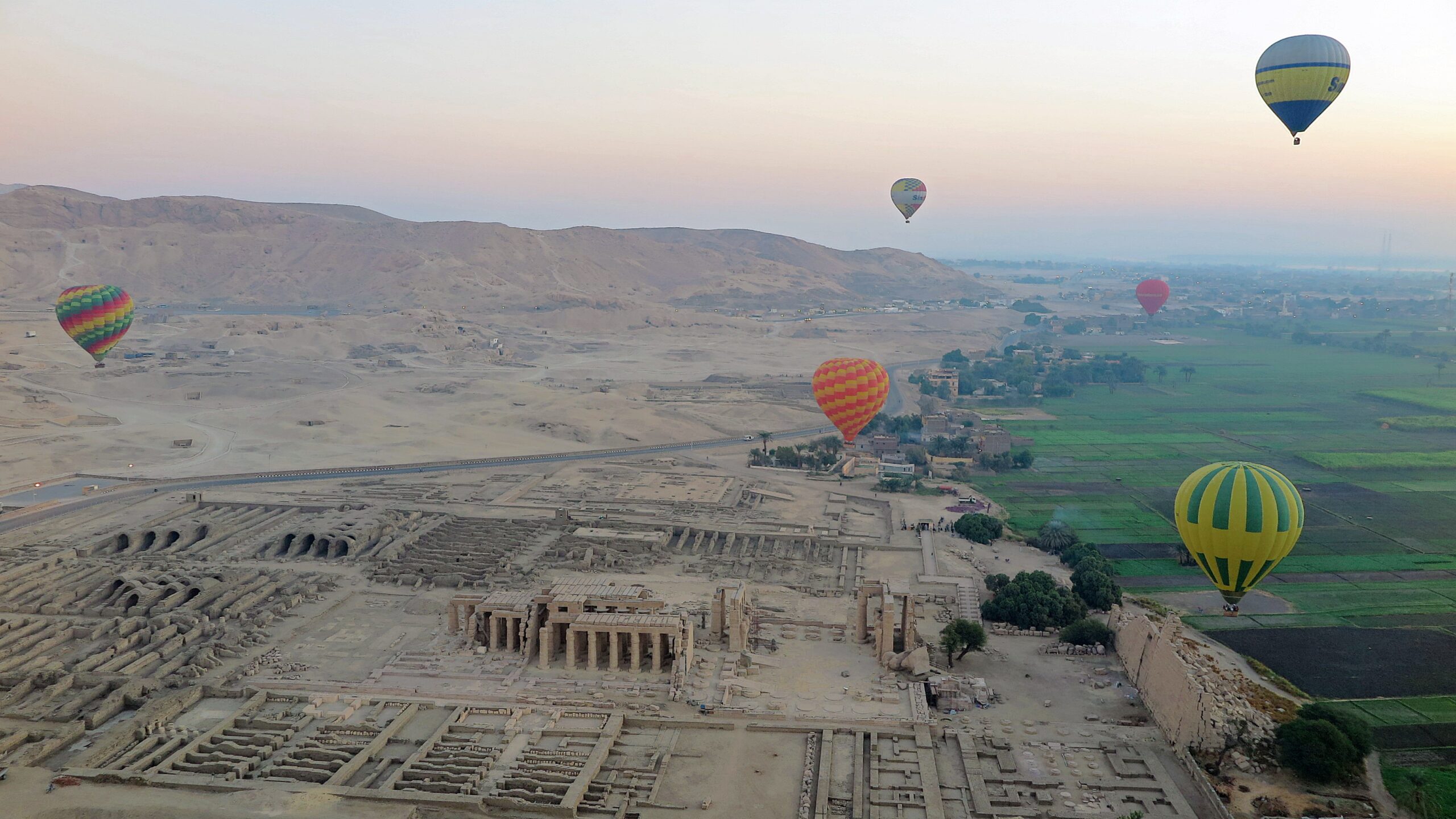The logic of algorithms

In the mist-laced mornings of Belfast’s old shipyards, where steel once met sea and the echo of industry still hums in the brickwork, a quieter ascent is unfolding. In glass-fronted labs and converted warehouses, Northern Irish firms are scripting a new industrial epic: not with iron and flame, but with algorithms. The region is becoming a nexus of data-driven innovation, and local code is crafting global clarity. Analytics aren’t just being used as a tool, but as a compass, for entire industries toward a smarter future.
Analytics Engines exemplifies the sector’s impact. Specializing in AI strategy, data engineering, and data science, it delivers human-centric technology solutions that address real-world challenges. Through the company’s Panoramic AI framework, they integrate Large Language Models (LLMs), data enrichments, and hybrid search capabilities to enhance AI-driven insights. Dr. Scott Fischaber, CEO of Analytics Engines and an Oklahoma native stated, “Our roots are in Queen’s University Belfast. Thanks to our strong partnerships with leading universities and research institutions, we are positioned to translate the latest research into practical, real-world solutions. Because of these collaborations, we’re able to cross-pollinate ideas, taking insights from one sector and applying them to others. Through pioneering and innovative data and AI solutions, we accelerate our clients’ strategic aspirations and help them achieve their business goals with precision.”
A key concern in adopting LLMs is data security. Dr. Fischaber emphasized, “Companies need to know how their data is protected. At Analytics Engines, we stress to clients the importance of maintaining data sovereignty and aligning AI solutions with existing governance frameworks. This involves critical considerations such as the origin and hosting of models, associated terms and conditions, and decisions between hosted deployments versus cloud native solutions. In today’s digital age, neglecting data protection can lead to severe consequences. By ensuring the governance processes and policies are in place, we allow clients to securely integrate LLMs into their data infrastructure.”
The company’s tight-knit team makes sophisticated AI and machine learning systems tailored to unlock value for organizations. The solutions they develop offer faster decisions, sharper foresight, and measurable impact across sectors as diverse as utilities, manufacturing, construction, agri-food, and public services. Beyond security, Analytics Engines advocates for a business-first approach to AI adoption. Dr. Fischaber added, “A lot of people try ChatGPT and assume it can do everything. But when they start using it, they hit limitations. We encourage organizations to identify priority challenges and assess where AI can deliver tangible business value. This involves defining clear ROI and success metrics, leading to the development of proof-of-concept projects that, upon validation, can be scaled across the organization. Crucially, this process includes managing the human aspect of AI adoption, allowing teams to be engaged and recognize the value of new technologies.”
He continued, “An illustrative example of our work involves a collaboration we had with a publisher. By implementing LLMs to reduce the manual metadata extraction from articles, the publisher automated a labor-intensive task. It improved search capabilities across the publisher’s archive, enabling more efficient and intelligent content retrieval.”
Analytics Engines has primarily focused on markets outside the US; however, with the launch of Big Data New York, the company is actively showcasing Northern Ireland’s technological capabilities in the States. Dr. Fischaber mentioned, “Through our annual Big Data Belfast conference, which attracts around 700 business and technology leaders, we highlight local expertise in data and analytics. Big Data NY, showcases real business stories: how people are using data, analytics, and AI to drive meaningful change. It also promotes Northern Ireland as a location to do business and invest.”
Northern Ireland’s compact scale and collaborative ethos have proven fertile ground for innovation of this kind. In a world flooded with data but starved for understanding, their work resonates far beyond the nation’s borders.

